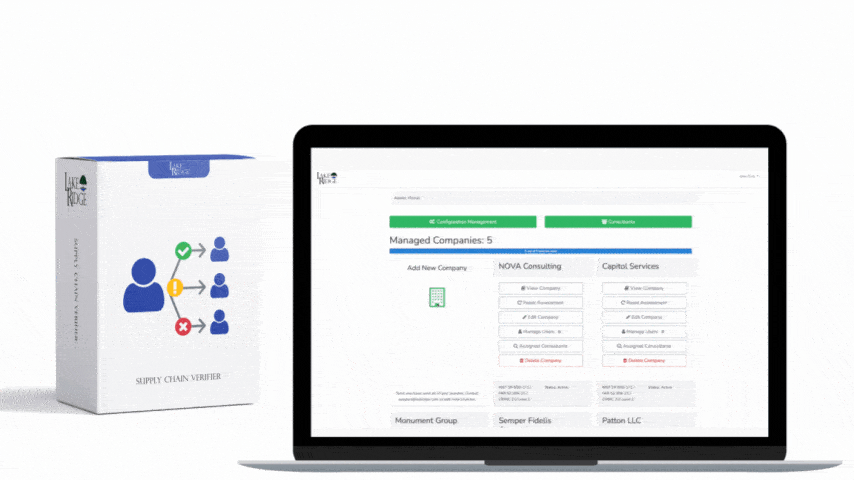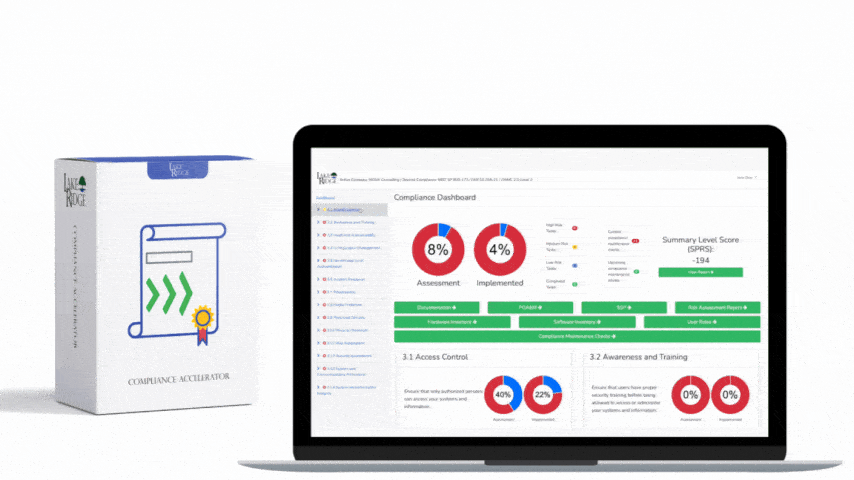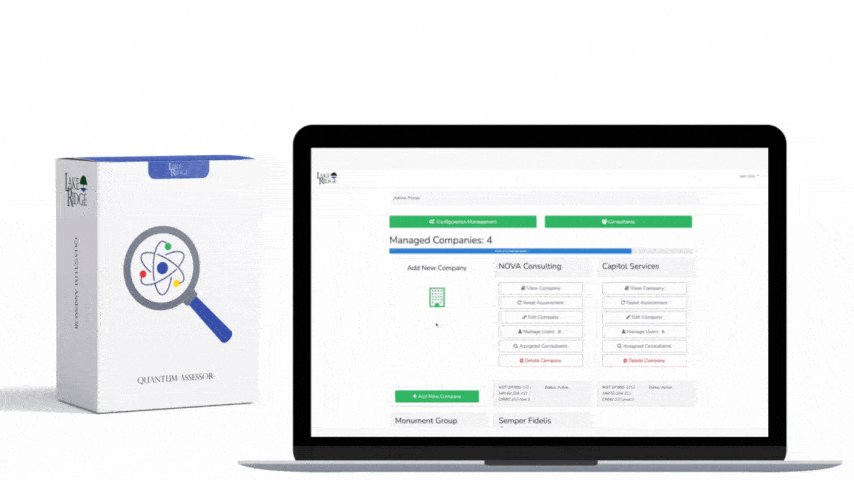The rules for dentists regarding HIPAA (Health Insurance Portability and Accountability Act) are similar to those for other healthcare providers who fall under the HIPAA Covered Entity category. However, not all dentists qualify as Covered Entities, and in some states, the HIPAA regulations may not apply if there are stricter privacy laws or increased patient rights in place. The matter of HIPAA in dentistry is multifaceted. Some dentists may not meet the requirements to be considered Covered Entities, while others may have hybrid roles. Additionally, working in states with more stringent privacy laws than HIPAA can also impact how dental offices operate under HIPAA Rules. It is not only dentists who struggle with understanding and complying with HIPAA rules in their practice. In fact, 65% of public complaints related to HIPAA violations are dismissed after review because they do not meet the criteria for legal action. While not all of these complaints are specific to dentists' HIPAA violations, the high rate of dismissed cases suggests that the public also finds the complexities of HIPAA in dentistry challenging.
Does HIPAA Apply to Dentists?
In general, dentists are subject to HIPAA regulations. However, there are certain dentists who may not qualify as HIPAA-covered healthcare providers. This is because they do not transmit information electronically in connection with specific transactions that the Department of Health and Human Services has adopted standards for. These standards include eligibility checks, authorizations, and claims information. Additionally, certain forms of communication such as telephone voice calls and non-digital faxes are not considered electronic transactions, further adding to the confusion regarding whether HIPAA applies to dentists.Therefore, a dentist who exclusively communicates through phone and fax may not be required to follow HIPAA Rules as they may not qualify as a HIPAA-covered healthcare provider. However, if a dentist engages a third-party administrator or Dental Support Organization to handle eligibility checks, authorizations, and claims information on their behalf, they are still considered a HIPAA dentist, even if they do not meet the requirements to be a HIPAA-covered healthcare provider themselves.Exceptions to these criteria exist in certain circumstances. For example, if a dentist who does not qualify as a Covered Entity provides services for or on behalf of a dentist who does qualify as a Covered Entity, they are considered a Business Associate. Another exception is if a solo practitioner divides their time between working in a school (which is exempt from HIPAA) and working in a qualifying practice, in which case they are considered a hybrid entity.Furthermore, dentists who work for dental firms as employees, contractors, or volunteers are typically not considered HIPAA Covered Entities. Instead, they are governed by the policies and procedures established by the dental firms to comply with the HIPAA laws applicable to dentists.In conclusion, while the majority of solo practitioners are likely to be HIPAA Covered Entities, dentists working for dental firms or engaging in certain communication methods may fall outside the scope of HIPAA requirements.
Which HIPAA Rules Apply to Dentists?
Qualifying dentists and dental practices are required to adhere to the Privacy Rule, Security Rule, and Breach Notification Rule when HIPAA regulations are applicable. The Privacy Rule ensures the protection of patient health information, the Security Rule establishes guidelines for securing electronic patient data, and the Breach Notification Rule dictates the steps to be taken in the event of a data breach exposing unsecured Protected Health Information. For more in-depth information on each of these HIPAA Rules, please refer to the provided links.
Dentists and The HIPAA Privacy Rule
Dentists are required to follow the HIPAA Privacy Rule, which mandates that they take measures to safeguard the privacy of patients' health information. This rule imposes restrictions on the use and disclosure of Protected Health Information (PHI), not just for electronic communications but also for oral and written communications. Dentists are also obligated to provide every new patient with a Notice of Privacy Practices, which outlines how their PHI may be used or disclosed within the boundaries of HIPAA laws. The notice also specifies situations where the patient's authorization is required before a disclosure can be made, and it explains their rights regarding access to their medical information. In order to enforce compliance with the HIPAA laws, dentists must either appoint a HIPAA Privacy Officer or assign the responsibilities to an existing member of their staff. In larger organizations such as Dental Service Organizations or Organized Health Care Arrangements, establishing a HIPAA compliance team may be necessary to ensure adherence to the standards set forth in the Privacy and Security Rule.
Dentists and The HIPAA Security Rule
The HIPAA Security Rule consists of three main components, namely technical requirements, physical requirements, and administrative requirements. Technical requirements govern the electronic communication of patient information, prohibiting the use of unencrypted email, SMS, or Skype. They also outline protocols and measures to safeguard patient health information during storage and transmission.The physical requirements of the HIPAA regulations for dental offices focus on the security of computer systems and their surroundings. These guidelines require dental offices to establish emergency response and contingency plans, as well as validation procedures to limit physical access to computer systems containing patient health information.Under the administrative rules for dentists, the appointment of a Security Officer is mandated to select and implement software systems that meet compliance standards. Security Officers are also responsible for developing and implementing policies on best practices, training dental office staff on security awareness, and monitoring system activities that involve patient health information. Privacy and Security Officers are further entrusted with ensuring HIPAA compliance by both employees and Business Associates.
Dentists and The HIPAA Breach Notification Rule
If there is an unauthorized release of unsecured PHI that leads to a data breach, dentists are required to notify the affected individuals within 60 days of discovering the breach, according to the Breach Notification Rule. Additionally, dentists must inform the Department of Health's Office for Civil Rights about the breach, and if the breach affects more than 500 individuals, they must also notify the local media. Therefore, in addition to taking steps to minimize the risk of a data breach to an acceptable level, HIPAA Privacy and Security Officers must establish procedures for employees or patients to report any breach and implement measures to lessen the impact of such a breach. These measures could involve services like credit monitoring and identity theft protection. It is important to note that apart from HIPAA, some states have their own privacy laws that take precedence, and they may have shorter notification periods for data breaches. Consequently, even if a dentist follows the HIPAA breach notification rules, they could still be in violation of local or nationwide laws such as the Texas Medical Records Privacy Act if they operate in that state.
Dentists and HIPAA Violations
According to recent data, while the majority of complaints related to violations of the Health Insurance Portability and Accountability Act (HIPAA) are dismissed after review, there have been over 100,000 cases where privacy and security violations under the Privacy Rule and Security Rule were upheld by the Department of Health and Human Services' Office for Civil Rights. In most instances, these complaints are resolved by providing technical assistance to prevent future violations or by implementing a Corrective Action Plan to address any underlying issues. Nevertheless, dentists who violate HIPAA rules can face financial penalties imposed by the Office for Civil Rights and State Attorneys General.Over the years, there have been notable fines issued for HIPAA violations by dentists. For instance, in 2015, Joseph Beck of Comfort Dentists in Kokomo, Ind., was fined $12,000 for the unauthorized disclosure of patient records found abandoned near a dumpster. In 2019, Elite Dental Associates in Dallas, Texas, agreed to a $10,000 settlement and a Corrective Action Plan for improperly sharing patients' electronic personal health information (ePHI) on a review website. More recently, in 2022, three dental practices were required to settle for a total of $142,500 due to noncompliance with patients' access rights, disclosing protected health information (PHI) on social media, and using PHI for marketing purposes without proper authorization.It's worth noting that individuals within dental practices can also be held accountable for violating HIPAA rules. While most cases involving employees who violate HIPAA can result in suspension, termination, or the loss of their professional licenses, a dental surgery receptionist faced a more severe consequence in 2018. In that instance, she was sentenced to 2 to 6 years in prison for abusing her system access rights and stealing the individually identifiable health information of 653 patients.
What is individually identifiable health information?
According to HIPAA regulations, individually identifiable health information refers to data collected from a patient that can directly identify them or, when combined with other data, reveal their identity. This information must pertain to the patient's current or past physical or mental health, their healthcare treatment, or the payment associated with their healthcare services.
What is the difference between individually identifiable health information and Protected Health Information (PHI)?
The distinction between individually identifiable health information and Protected Health Information lies in their scope and inclusion. Individually identifiable health information refers to information that can pinpoint a specific person and pertains to their physical or mental health, treatment, and payment. On the other hand, Protected Health Information encompasses individually identifiable health information along with any other data that could be used to determine the person's identity within the same designated record set. For instance, a patient's telephone number is considered Protected Health Information if it is stored in the same record set as their individually identifiable health information. However, if it is maintained in a database without any health or payment details, it does not fall under Protected Health Information.
What are the permissible uses and disclosures of PHI for dentists?
Dentists are allowed to use and disclose PHI (Protected Health Information) for various purposes. These include using PHI for treatment, payment, and health care operations. Health care operations involve activities such as ensuring quality, evaluating provider performance, and conducting compliance reviews. Dentists also have the option (though not obligatory) to disclose PHI for public health and benefit activities. This may include reporting cases of abuse to public health agencies or sharing PHI with law enforcement.
Understanding the Minimum Information Necessary Rule
The Minimum Information Necessary Rule imposes a requirement on covered entities to limit their use, disclosure, or request of protected health information (PHI) to the minimum amount necessary to achieve the intended purpose. For instance, if a dentist needs to verify a patient's eligibility for a specific treatment, they cannot send the patient's complete medical history to the payer.
What is the significance of patient access to medical information?
Patients have the right to access and review their medical information, as per the HIPAA Privacy Rule. Unless there are specific exceptions, patients can obtain a copy of their Protected Health Information (PHI) held by a healthcare provider or related organization. Additionally, patients have the right to request corrections if any information is found to be inaccurate or incomplete. They can also request an accounting of disclosures to know who has had access to their PHI in the past six years.
Exploring the HIPAA Exemption for Dental Treatment in Schools
According to the Family Educational Rights and Privacy Act (FERPA), dental treatment offered at schools falls outside the scope of the Health Insurance Portability and Accountability Act (HIPAA). Under FERPA, students' medical records are deemed part of their educational records, thereby subject to stricter data protection standards than HIPAA. Consequently, FERPA takes precedence over HIPAA in terms of allowable uses and disclosures of this information.
Necessary Validation Procedures in Dental Offices
In a dental office, it is crucial to verify the identity of anyone with access to the onsite servers containing personal health information (PHI). However, additional measures need to be taken to protect cloud-based databases, electronic health records (EHRs), and other systems where PHI is stored. Implementing identity and access management protocols, as well as maintaining event logs to track system access, is essential to avoid unauthorized entry.
Are all dentists considered covered entities under HIPAA regulations?
Not all dentists meet the criteria to be considered covered entities under HIPAA. In order to qualify as a covered entity, healthcare providers must transmit information electronically as part of a specific transaction that the Department of Health and Human Services has established standards for. These standards can be found in section 162 of the HIPAA Administrative Simplification Regulations.
Do Dentists Have to Comply with HIPAA Rules Even if They Don't Qualify as Covered Entities?
There are certain situations where dentists may not fall under the category of covered entities but are still required to follow the guidelines set by HIPAA. One common scenario is when a dentist who does not qualify as a covered entity treats a patient on behalf of a covered entity. In such cases, the dentist acts as a business associate and must adhere to the Security and Breach Notification Rules, along with any Privacy and General Rules outlined in the Business Associate Agreement.
What telephone calls are not classified as electronic transactions?
According to regulations, phone conversations conducted through a traditional landline telephone using a circuit-switched voice communication service are not classified as electronic transactions. However, if a dentist opts for a VoIP or UCaaS voice communication service like Skype, Teams, RingCentral, etc., the communication falls under the electronic category. In such cases, HIPAA regulations apply to both the call's content and the technology being used.
Applicable HIPAA Rules for Dentists
Dentists who qualify as covered entities or business associates must adhere to all the relevant HIPAA Rules. However, similar to other healthcare providers, dentists are not obligated to comply with every standard, regulation, or implementation specification outlined in the HIPAA Administrative Simplification Regulations. This is because many of these requirements do not apply to the specific activities carried out by dentists.
The Implications of a Dental Practice Data Breach: What You Need to Know
In the event of a data breach occurring at a dental practice, certain protocols must be followed. Within a span of sixty days, the practice is obliged to inform the individuals who have been affected by the breach. Furthermore, if the breach impacts more than 500 patients, the Department of Health's Office for Civil Rights also needs to be notified within the same time frame. In addition to this, local media must be informed within sixty days if the number of affected patients surpasses 500.



